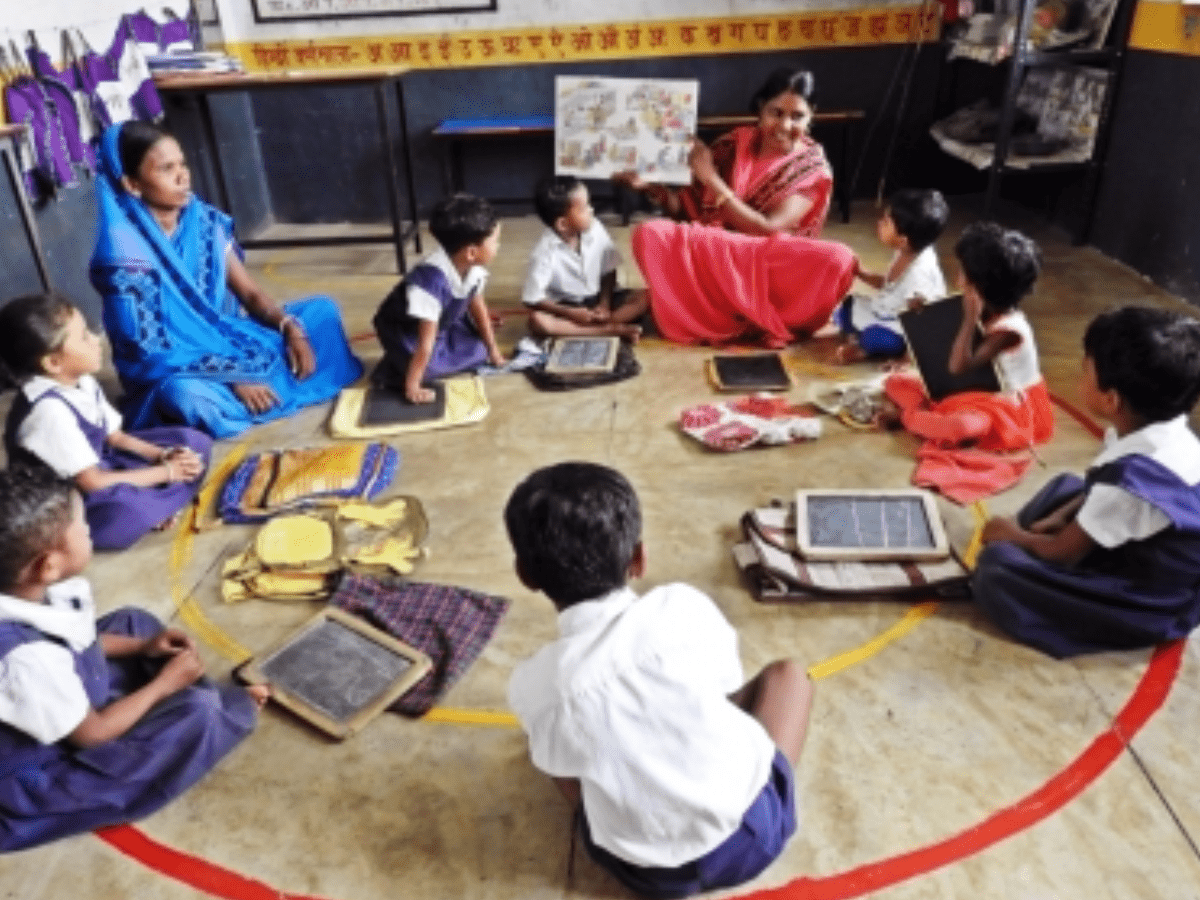
Hyderabad: In comparison to other states, Telangana received very little funds for the Supplementary Nutrition Program of Anganwadi Services from the Union government.
The Center has given States and union territories funding for the Supplementary Nutrition Program of Rs. 58,247.03 crore during the past seven years, starting in 2016–17. Telangana received extremely little in comparison to other BJP-ruled States like Gujarat, Karnataka, and Madhya Pradesh, which received significant funding through the scheme.
Gujarat received Rs. 252.53 crore from the federal government as part of the programme in 2022–2023; Madhya Pradesh received Rs. 186.01 crore; Karnataka received Rs. 106.03 crore; and Telangana received Rs. 165.21 crore. Similar to the previous fiscal year, Telangana received significantly less funding than States governed by the BJP. Gujarat received Rs. 505.26 crore in 2021–2022; Madhya Pradesh received Rs. 553.38 crore; Karnataka received Rs. 581.02 crore; and Telangana only received Rs. 246.80 crore.
Union minister for women and child development Smriti Irani provided this information in response to a query posed by Sanganna Amarappa, Jai Siddeshwar Shivacharya Mahaswamiji, and Dr. Umesh G. Jadhav in the Lok Sabha.
Through the platform of Anganwadi Centers, the Anganwadi Services Scheme offers a package of services, including supplemental nutrition, to expectant and nursing mothers until the child is six months old in order to achieve the nutritional standards outlined in the National Food Security Act 2013. Pregnant women receive IFA supplementation through the Anganwadi Centers platform for at least 100 days.
Studies on numerous topics linked to women and children are occasionally carried out by multilateral organisations like the UNDP and WHO. The Ministry often receives these reports for potential follow-up action. The union minister notified the ministry that neither UNDP nor WHO had provided any reports on the prevalence of malnutrition and undernourishment.
She went on to say that the Ministry of Health & Family Welfare’s National Family Health Survey (NFHS) was used to estimate the number of malnourished and undernourished children and women in the nation.
